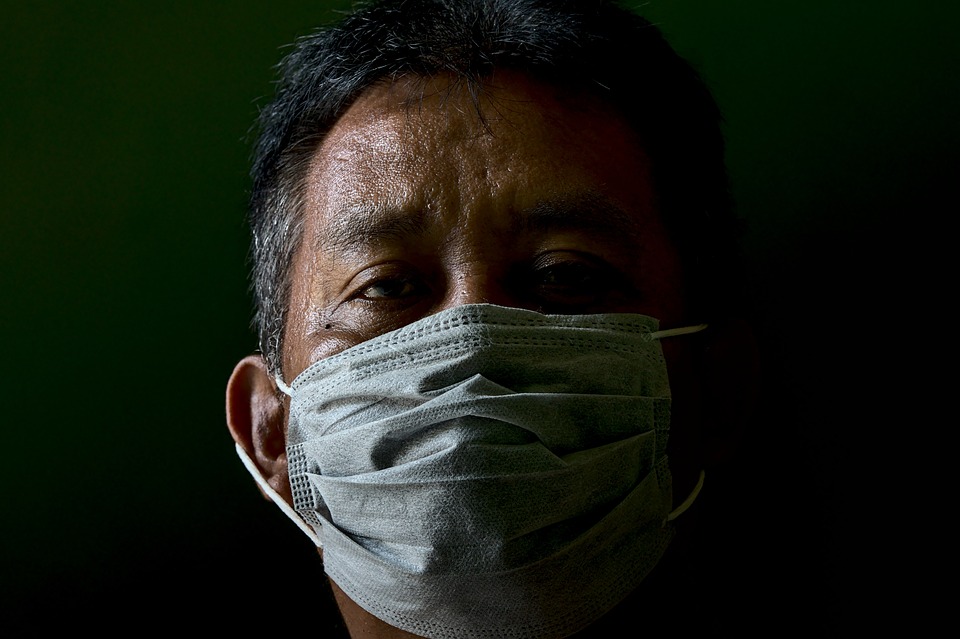Chronic lower respiratory diseases, like asthma and chronic obstructive pulmonary disease (COPD), are long-term conditions that can make it hard to breathe and make the lungs work less well. There are a number of lifestyle factors that can lead to chronic lower respiratory diseases or make them worse:
- Cigarette smoking is the leading cause of COPD and a key asthma risk factor. It causes damage to the lungs and inflammation, which can lead to persistent lower respiratory disorders.
- Breathing in filthy air can harm the lungs and raise the chance of developing chronic lower respiratory disorders.
- Certain activities, like those involving the handling of chemicals or dust, can increase the likelihood of acquiring chronic lower respiratory disorders.
- A diet deficient in fruits and vegetables and rich in processed foods may raise the risk of chronic lower respiratory illnesses.
- Inactivity: Inactivity can weaken the respiratory muscles and raise the risk of chronic lower respiratory illnesses.
You can help lower your risk of chronic lower respiratory diseases if you stop smoking, limit your exposure to air pollution and work-related dangers, eat a healthy diet, and exercise regularly.
List of common respiratory diseases in children
Children can get a lot of diseases that affect their lungs. Here are a few of the most popular:
- Asthma: a chronic condition characterized by inflamed airways and difficulty breathing
- Bronchiolitis: a viral illness that affects the smallest airways in the lungs
- Croup: a viral illness that causes a barking cough and hoarse voice
- Pneumonia: a lung infection that can be caused by bacteria, viruses, or fungi
- Cystic Fibrosis: a genetic disease that affects the lungs and digestive system
- Bronchitis: an inflammation of the bronchial tubes that can be acute or chronic
- Tuberculosis (TB): a bacterial infection that primarily affects the lungs, but can also affect other parts of the body
- Influenza (the Flu): a viral illness that can cause fever, cough, and body aches
- Respiratory Syncytial Virus (RSV): a viral infection that is common in young children and can cause severe respiratory symptoms
- Allergic Rhinitis (Hay Fever): an allergy that affects the nose and causes symptoms such as sneezing, itching, and runny nose.
It’s important to remember that many of these disorders can be fatal, so it’s always a good idea to visit a doctor if you feel your child is suffering from one of them.
List of common respiratory diseases in adults
Common respiratory diseases in adults are;
Chronic Obstructive Pulmonary Disease (COPD), Asthma, Pneumonia, Tuberculosis (TB), Bronchitis, Emphysema, Lung Cancer, Interstitial Lung Disease, Sarcoidosis, Pleural Effusion, Pulmonary Embolism, Bronchiectasis.




